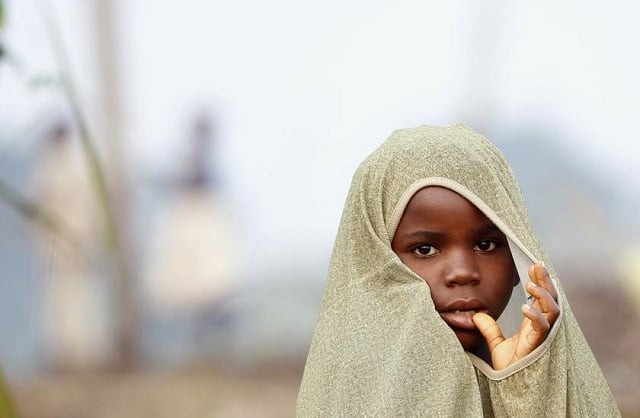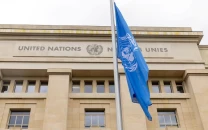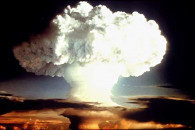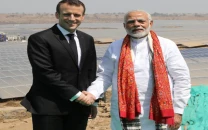Friends and family, not fighters, drive rape scourge in war-torn Congo
IRC: Abuse by partners and family members likely increases in conflict zones because law and order breaks down

File photo: A Congolese refugee girl displaced by fighting between the Congo army and a rebel group covers herself with a sheet at Bukanga transit camp in Bundibugyo town camp, Kampala July 17, 2013.
PHOTO; REUTERS
The vast central African country's high rape rates are commonly blamed on fighters and seen as a result of prolonged conflict. But the International Rescue Committee (IRC) said research showed the overwhelming majority of sexual violence against teenage girls in Congo's conflict zones happened in the home and within personal relationships.
Pakistan armed forces continue their contribution to UN Peace keeping efforts
It also showed that violence in the home widely affected girls as young as 10. More than 60 per cent of girls aged 10-14 surveyed in embattled areas of eastern and southern Congo said they had experienced sexual, physical, or emotional violence in the past year, the aid agency found. Eighty per cent of the sexual violence was committed by intimate partners, friends, and family, IRC said in a report.
"The narrative needs to change," said Ilaria Michelis, an IRC women's protection advisor. "This is a conversation we've been trying to have for years," she told the Thomson Reuters Foundation.
Women have consistently reported high levels of violence by partners in conflict-affected areas, but aid agencies tend to focus more on responding to sporadic rape than systemic abuse, Michelis said. Abuse by partners and family members likely increases in conflict zones because law and order breaks down, violence becomes normalised, and women and girls are isolated from their support networks, she added.
In blue berets or green, Pakistani soldiers fight with honour
Other factors include poverty and financial pressure, which tend to worsen during conflicts and cause stress, said Anita Queirazza of child rights group Plan International. "Parents have a tendency to turn that stress into violence, sometimes against their daughters," Queirazza told the Thomson Reuters Foundation. She said teenage girls were often neglected in humanitarian aid programmes, which usually target either children or adults.
In another survey of teenage girls in refugee camps in Ethiopia, IRC also found sexual violence was most likely to be committed by intimate partners. Militia violence in Congo has worsened since President Joseph Kabila refused to step down at the end of his mandate in December 2016, stoking fears of a repeat of the regional wars of 1996-2003 that killed millions.



















COMMENTS
Comments are moderated and generally will be posted if they are on-topic and not abusive.
For more information, please see our Comments FAQ